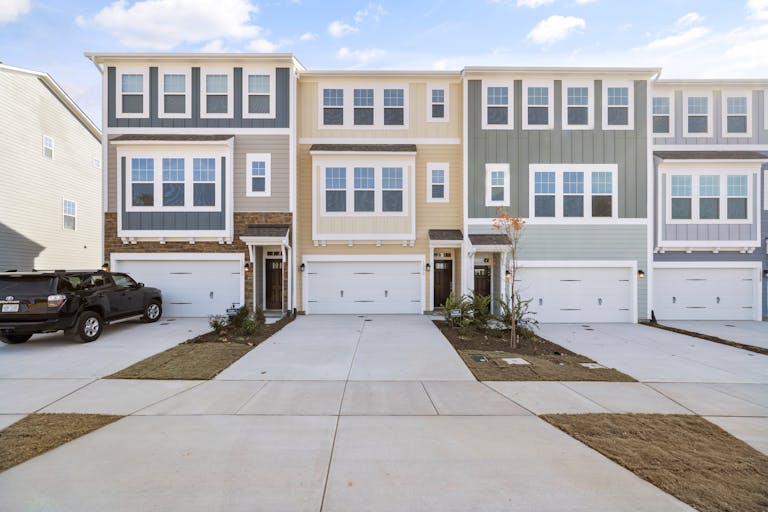You’ve finally done it. After weeks of searching and several disappointments, you’ve won the bidding war on your dream home. You paid $15,000 over asking, but hey—you got the house, right?
Not so fast. New research suggests that “winning” a bidding war might actually mean losing in the long run.
Get a Free Virtual Rental Evaluation Plus a Custom Cost Quote
The Hidden Cost of Winning
A comprehensive study analyzing nearly 14 million home sales across 30 U.S. states over two decades has uncovered what researchers call the “winner’s curse” in residential real estate. The findings? Homebuyers who win bidding wars don’t just pay more upfront—they systematically overpay, leading to weaker returns and higher default rates down the line.
Here’s what the numbers reveal:
Lower returns. Bidding war winners saw annual returns approximately 1.3 percentage points lower than buyers who didn’t engage in competitive bidding. Since the average homeowner in the study held their property for 6.3 years, this translates to roughly an 8.2% overpayment.
Higher default risk. These buyers were also 1.9 percentage points more likely to default on their mortgages—a significant increase that signals real financial strain.
Faster turnover. Contrary to what you might expect, people who “win” their homes in bidding wars tend to sell faster. This suggests the overpayment isn’t driven by genuine long-term love for the property, but rather by the heat of competition.
Where the Problem Hits Hardest
The winner’s curse isn’t distributed equally. The research shows that lower-income, Black, and Hispanic buyers are disproportionately likely to overpay in bidding wars, making them more vulnerable to the negative consequences. In hot markets where bidding wars are common—think cities that have seen recent surges in competition—these effects are even more pronounced.
This disparity matters enormously. Housing represents the largest source of wealth for most American families, and when hot markets systematically disadvantage already vulnerable buyers, wealth gaps widen further.

Why This Matters Now
With the housing market cooling after the post-pandemic frenzy, many recent buyers who paid premium prices are facing a harsh reality: the risk of selling at a loss. Foreclosures are already up 18% year-over-year, and if these losses fall primarily on lower-income and minority homeowners, we could see increased housing insecurity and even homelessness.
What Can Be Done?
The good news? The winner’s curse may be preventable. Here are some potential solutions:
Better buyer education. Comprehensive financial education about mortgages, debt, and the true costs of homeownership could help first-time buyers make more informed decisions.
Transparent bidding processes. More visibility into competing offers—or even formal auction systems for popular homes—might help buyers avoid emotionally-driven overpayment.
Professional guidance. Should real estate agents or lenders be required to caution clients before bidding significantly over asking price? It’s a question worth exploring, though it raises fairness concerns for sellers.
Read Our North Carolina Rental Owner / Investor Frequently Asked Questions (FAQ)
Read Our South Carolina Rental Owner / Investor Frequently Asked Questions (FAQ)
The Bottom Line
Winning a bidding war might feel like victory in the moment, but the research is clear: it often comes at a steep cost. Before you get caught up in competitive bidding, take a step back and ask yourself whether the heat of the moment is clouding your judgment.
Your future financial self might thank you for the restraint.
To read more about this topic, visit The real-estate ‘winner’s curse’: Study of nearly 14 million home sales over 20 years shows you don’t want to win that bidding war | Fortune.










